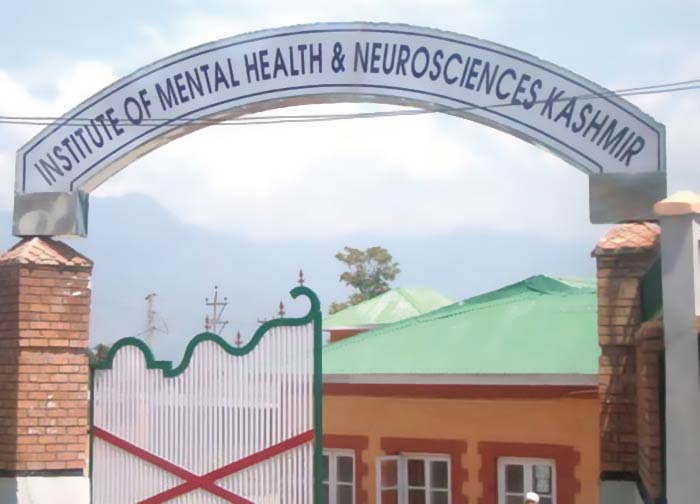
A recent report by the Child Guidance and Wellbeing Centre (CG&WC) at the Institute of Mental Health and Neuro Sciences (IMHANS) Srinagar highlights the growing psychological issues among Kashmiri children, citing family dynamics and socio-economic challenges as major contributing factors.
The 2022-2023 report identifies a range of causes impacting the mental health of children aged 0 to 18, Kashmir News Observer reported.
According to the findings, authoritarian or neglectful parenting styles account for 6.14% of cases, while academic stress, including examination pressure and low academic performance, contributes 15.68%.
Family discord, sibling rivalry, and psychiatric illness within families make up 26.73% of the stressors affecting children, while ongoing political conflict, low socio-economic status, substance abuse, social stigma, and the loss of loved ones further exacerbate mental health issues, totaling 21.73%.
Additional challenges include parental discord, illness, and separation (7.62%), as well as trauma from bullying, peer pressure, relationship stress, and corporal punishment (9.29%). Excessive use of gadgets also plays a role, affecting 12.77% of children.
In 2022-2023, the IMHANS Centre documented 18,006 visits, including 12,477 follow-ups and 5,529 new registrations.
The report also notes that 13,165 students and teachers participated in school outreach initiatives, and 3,961 parents and caregivers were reached through community programs.
A total of 17,356 individuals benefited from psychoeducation, and 2,190 frontline workers, such as ASHA and ICDS workers, received mental health training. IMHANS also conducted 38 school and 56 community outreach events, covering a wide demographic, including 3,825 students in Waqf Board schools, as part of its efforts to raise mental health awareness across the region.
